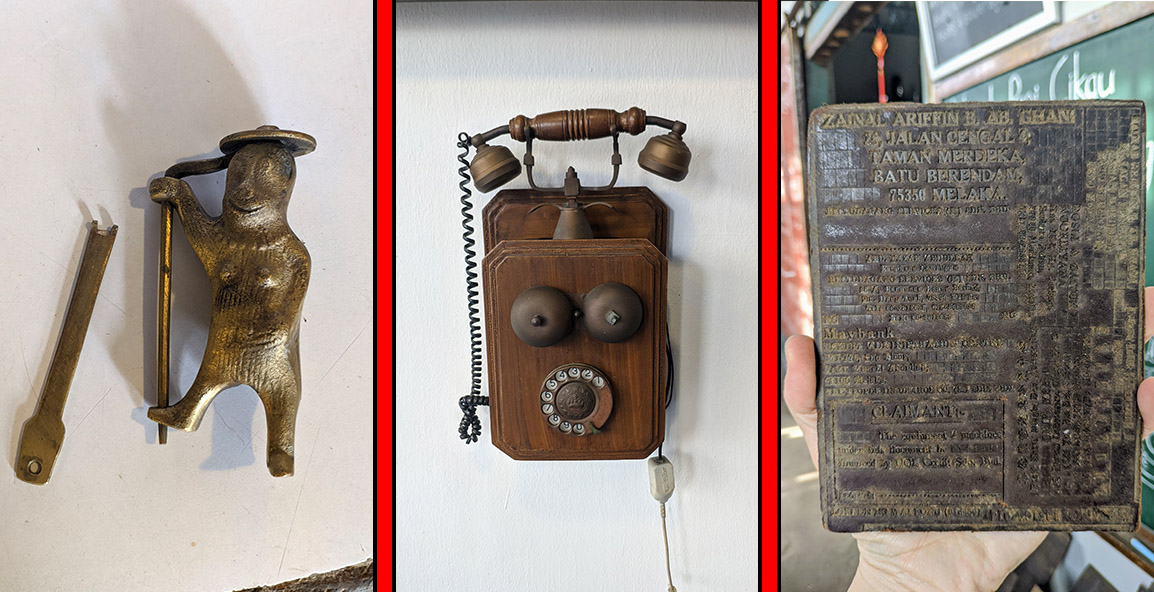Er… who just made an FPS game out of one of Malaysia’s most famous battles!?
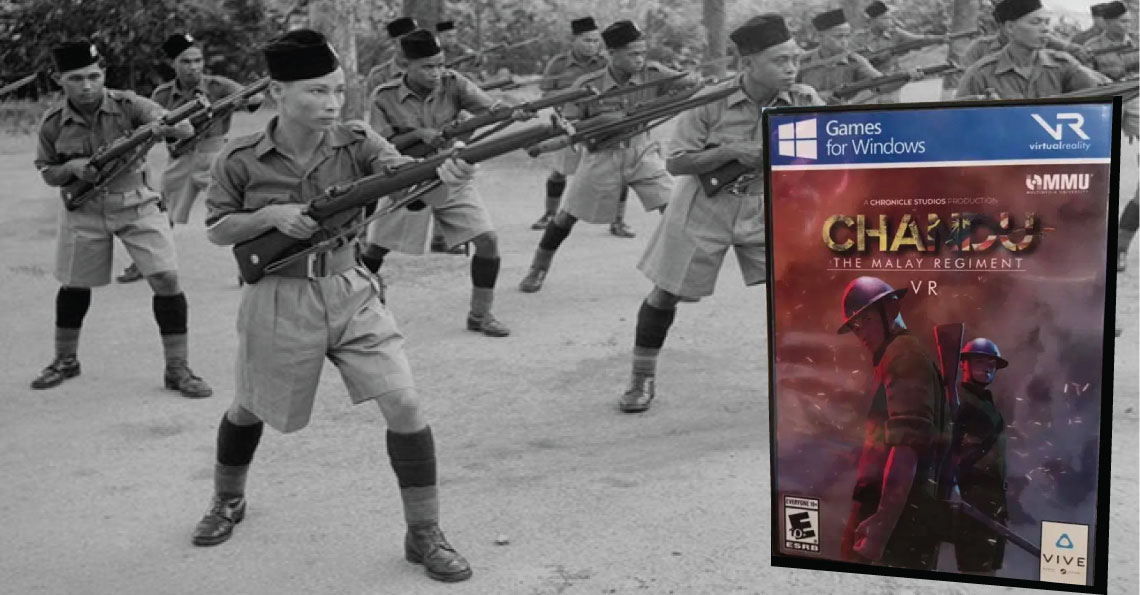
- 914Shares
- Facebook862
- Twitter8
- LinkedIn8
- Email10
- WhatsApp26
When we think of things that Malaysia is good at, video games might not be the first thing that comes to the minds of most people. But what most people might not know is that our local game developers have had a hand in making world-famous games like Street Fighter V, Bioshock Infinite and Final Fantasy XV.
There are even some Malaysian gamers who love getting creative with games, like the 15th Malaya Regiment Facebook fan page dedicated to Malaysian-ising the skins and voice communications in the sandbox military tactical shooter game Arma 3. Or… uh…
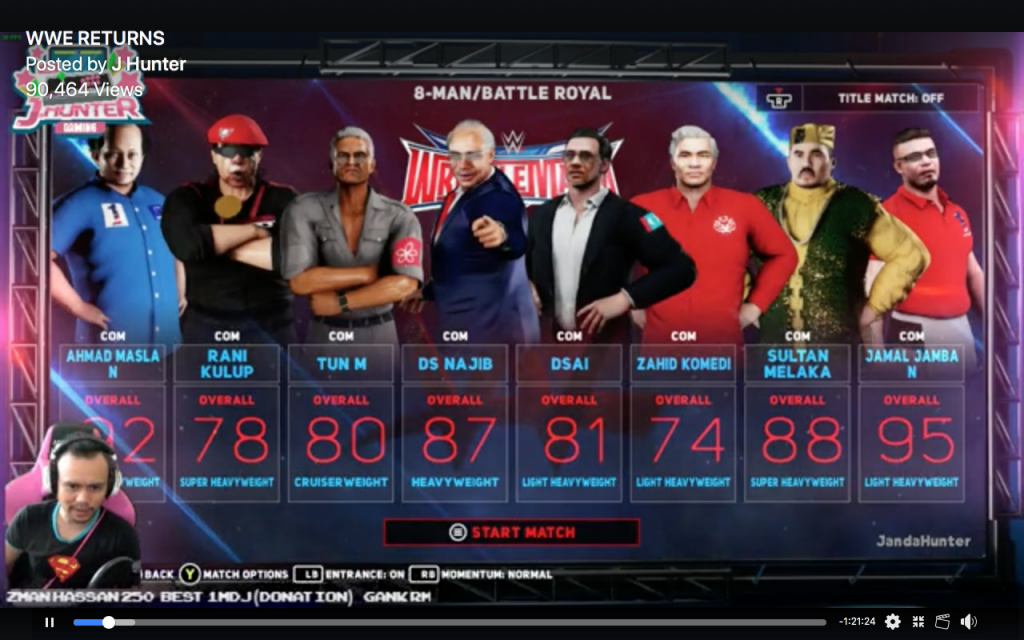
Anyways, with the video game industry pouring in more and more money into Malaysia’s income each year, video games might just be Malaysia’s next big thing. With all these, you’d guess a local, Malaysia-truly-Asia video game can’t be far behind. And a group of Multimedia University (MMU) students came pretty close recently.
Behold, their beta: a virtual reality (VR) game based on Leftenan Adnan, titled Chandu: Tribute To The Malay Regiment.
Lt Adnan was a Royal Malay Regiment lieutenant who was perhaps best known for putting his life on the line to defend Bukit Chandu (a.k.a Opium Hill), and apart from raising awareness of the historical events involving the regiment, the game also gives players a chance to step into the lieutenant’s boots and get a taste of World War 2 in Malaya.
So this game was actually part of the students’ VR class assignment, where they were asked to look beyond the traditional applications of VR like gaming and entertainment and focus more on using the technology to send a message and tell stories. That might not a be a bad idea, actually… but are VR games really suitable for that?
Well, they might be, as…
Our brains scientifically learns Sejarah better thru VR than textbooks
It might sound obvious but of course, other forms of media has often been used to aid learning, like, say, learning about the unsolved mystery of JFK’s assassination through a film instead of just reading about it in a book. And a film might be better for that.
If you look at several studies about visual learning, you’d learn that visuals are often better for learning for several reasons: they stick in long-term memory, are processed 60,000 times faster, they make up about 90% of the info transmitted to the brain, they improve comprehension, trigger emotions and motivate learners.

A study by a MARA Poly Tech College lecturer explained that visual learners prefer pictures, diagrams or any type of visuals since they need to see something to know it. And it seems that visual learners make up the bulk of this study’s respondents, as well as another one done by UKM. That’s perhaps why people are more likely to remember what they saw in a film than what they read in a book.
While easier to absorb, there may be drawbacks when the movie’s design is focused on entertainment, though, like factual inaccuracies. An example of this is the 2004 Puteri Gunung Ledang movie, which portrays a love story between the Princess and Hang Tuah, when the original legend has no signs of a romantic connection between them.
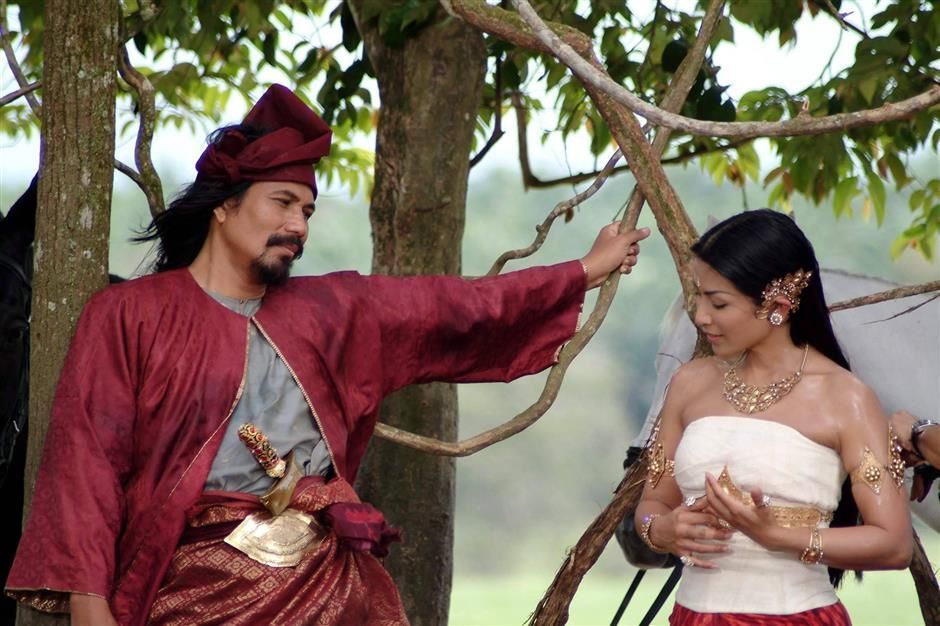
But maybe it’s purposely that way because…
Historical accuracy in videogames isn’t always well received
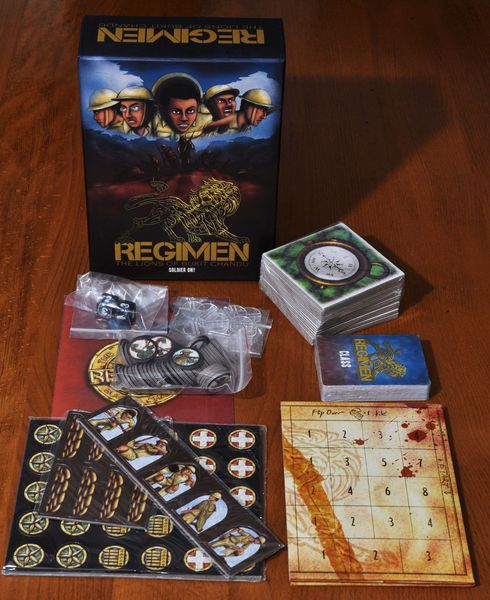
This isn’t the first time the Bukit Chandu experience has been gamified. It was also turned into a board game 6 years ago. And the reviews are middling, some saying it was too historically accurate to be boring, and others saying it wasn’t historically accurate enough!
Arguably, historical video games should be historically accurate since more and more of the younger generation are finding their interest in history through games. But we found that such attempts to perfectly copy-paste real life/written historical facts into video games have often been met with some backlash.
In the case of Kingdom Come: Deliverance, the matter of keeping a game historically authentic was challenged by the notion of inclusivity. The game is set in medieval Bohemia, so all the characters in it are white to authentically reflect this setting. But this decision wasn’t taken well by some players.
Another game, Six Days in Fallujah, faced strong opposition for accurately depicting actual Marines (including those who died in real life) in the Second Battle of Fallujah in 2004. Every aspect of the game was created based on interviews with over 70 individuals, including the U.S. Marines who fought there, Iraqi civilians, war historians, senior military officials, and even former Iraqi insurgents. Although the game was created to honour the fallen Marines, public opposition was too much that the game was not released.
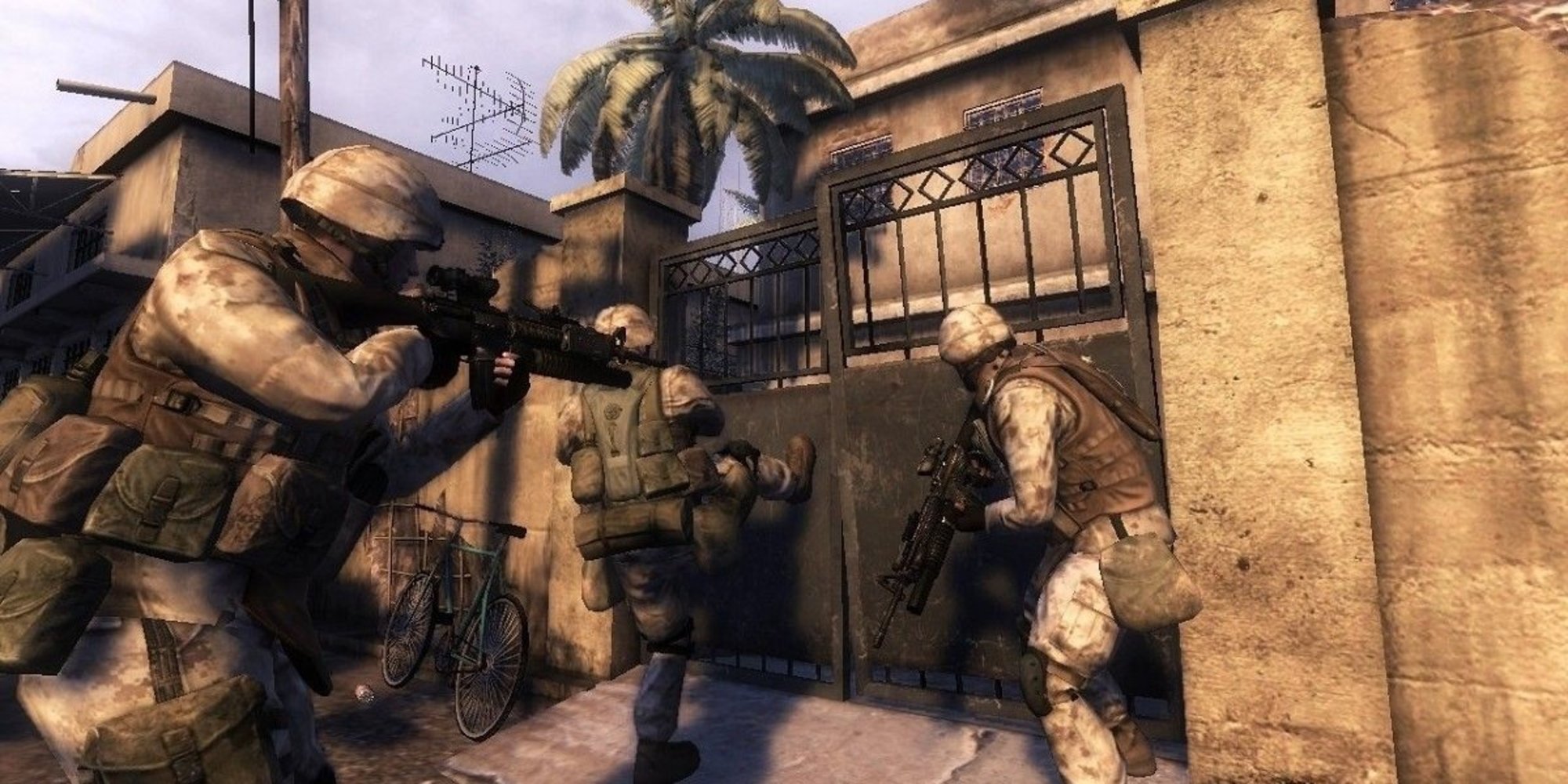
And sometimes, historically accurate games can be boring, because of the lack of diversity and engagement. All these reasons could be why historical games would sometimes incorporate a mix of fact and fiction.
Creators of Total War: Three Kingdoms, the ancient China part of the Total War tactical strategy game series, approached this by creating two modes for the players to choose: Classic Mode and Romance. Players can choose to play in Classic Mode for a more accurate portrayal of history or Romance Mode for a more legendary depiction of the characters, leading to more fun with the characters rather than just military tactics.
Game developers would claim that their objectives of creating a game is different from just having fun, as if to achieve something of a higher purpose.
For some, it’s to prove or disprove a theory, like the JFK: Reloaded game which tried to convince people that there was no second shooter involved in John F. Kennedy’s assassination, by rewarding those who can “accurately recreate” the alleged 3 shots fired by the accused Lee Harvey Oswald. Meanwhile, for the US army, it can be a recruitment tool, where the army would set up booths at game cons to attract potential military members and employees. But for others, it’s to educate people about certain historical events.
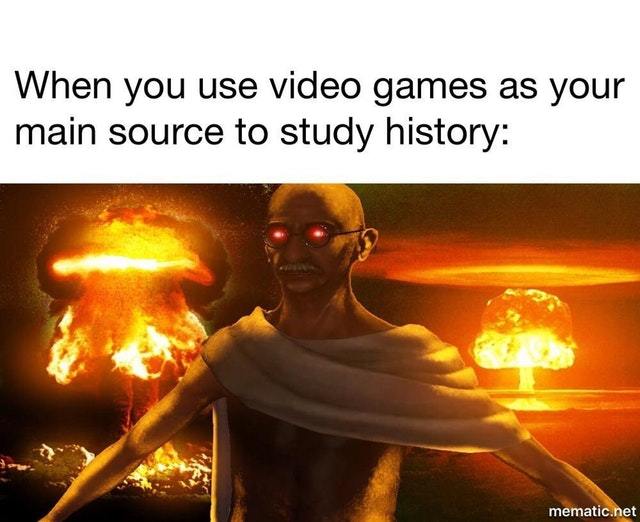
Contrary to what they say, historical games with elements of creative freedom might be a sign of game developers being concerned about entertaining their players. Because in the end, a game should be fun enough to spark interest. See, if video games based on a Malaysian historical theme are fun to play, then players would be interested to find out more about the said theme.
Like, if you enjoy playing the Age of Empires II’s expansion Rise of the Rajas, you’d be interested in learn more about the rajas in that game, right? Perhaps, the same might be the case with Chandu: Tribute To The Malay Regiment. Since this game has yet to be completely developed and released to videogame platforms like Steam though, we’ll let you interested gamers know when it does. #notsponsored #wewouldnotmindthesponsorthough
- 914Shares
- Facebook862
- Twitter8
- LinkedIn8
- Email10
- WhatsApp26

